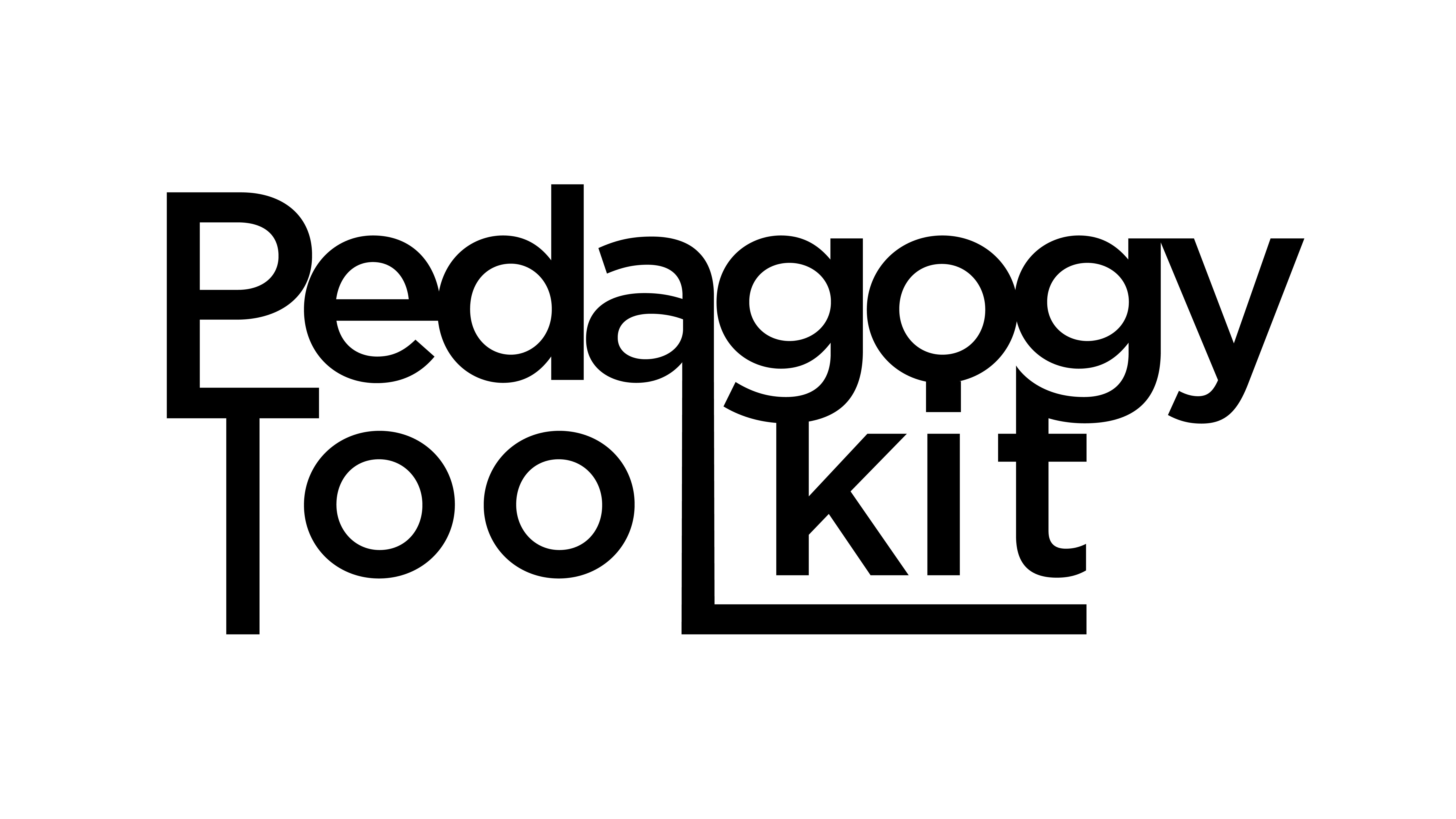
The Pedagogy Toolkit course – an 8 module practical teaching guide hosted and shared via Brightspace – responds to a need for pedagogical training that is effective for new and experienced faculty, works in various academic settings (including Global Sites), and can be easily customized for specific group interests. The course covers a wide range of topics which we have identified as perennial interests of teaching faculty. It also can be a model for similar asynchronous, cohort-based instruction on a wide range of topics (e.g. program assessment, advising, student worker training)
LED is happy to sit down with you at any time to share the course, and to help you think about how it might work for your needs. Contact us at teaching@nyu.edu.
Brief Overview of Modules
| First-Time Teaching | This module introduces the 3Rs framework for reflective teaching—reflect, review, and redesign. Useful for all professors, whether beginning their careers or teaching a particular course for the first time, the module also covers tips and strategies for starting the semester on the right foot. |
| Working Backwards to Move Forwards | What kinds of assignments should we require? What readings should we assign? These and many other questions can be answered through the powerful technique of backward design: starting with your learning goals to guide the design of your course, from first day to final project and everything in between. |
| Learning Who Your Learners Are | Knowing your learners is an essential part of effective teaching. In this module, learn techniques for connecting with your students, for building a sense of belonging in your course, and for shaping content. Also learn strategies to better communicate the relevance of your subject and to connect it to prior knowledge. |
| Engaging ALL Students | Designing an inclusive, supportive, and spirited classroom—where students learn as much from one another as from you—takes careful forethought and a variety of pedagogical strategies. This module explores how the 3Cs framework of connecting, collaborating, and communicating can set the stage for successful and inclusive student engagement. |
| Assessment for Learning | Assessment serves many purposes—from ensuring benchmarks are reached to creating opportunities to customize learning experiences. This module covers several major types of assessment, including formative, summative, alternative, and performance. It also explores the value of feedback and rubrics while providing an overview of different approaches to grading. |
| How Do We Improve Our Teaching? | This module provides a holistic, four-lens approach to assessing and improving one’s teaching: self-reflection, peer review, student feedback, and the scholarship of teaching and learning. The benefits of learning analytics for self-assessment of a course are also explored. |
| Inclusive Teaching | How do we ensure that we are reaching every learner and providing them with a positive, inclusive, accessible, and effective learning experience? This module explores a range of inclusive teaching strategies and practices. |
| Generative AI and Learning | As ChatGPT and other generative AI tools rapidly evolve, they continue to impact teaching and learning in unforeseen ways. This module addresses the opportunities, limits, and dangers of generative AI in the learning environment, while reviewing some current tips and strategies for teaching in the age of AI. |

